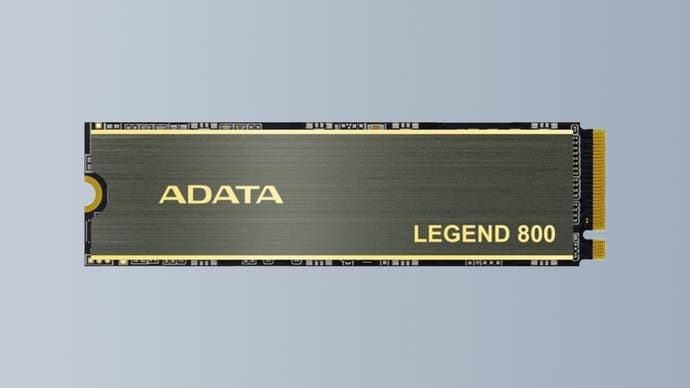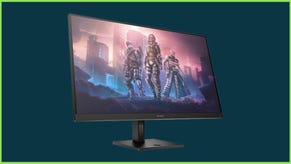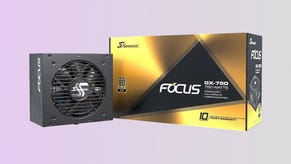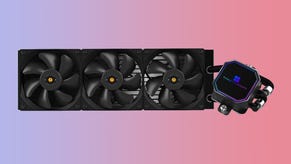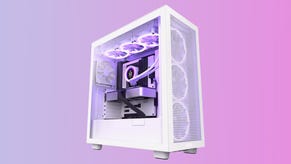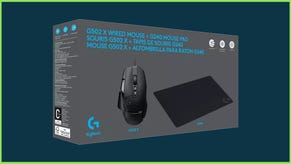This 1TB PCIe 4.0 SSD is just £39 shipped from Ebuyer
NVMe-class speeds at SATA-like prices.
PCIe 4.0 NVMe storage used to be quite expensive, but prices have been falling consistently to the point where you can get 1TB NVMe drives for the same price as older and slower SATA SSDs from a couple of years ago. These price drops make these drives some of the best value choices for gaming PCs. One example we spotted recently is the Adata Legend 800, a PCIe 4.0 drive going for £39 delivered at Ebuyer, versus £49 on Amazon.
The speeds of up to 3500MB/s reads and 2800MB/s writes that this drive provides may not be earth-shattering, but still represent an upgrade over older PCIe 3.0 NVMe and SATA SSDs, the latter of which max out at around 550MB/s. This kind of PCIe 4.0 drive also uses fewer lanes than PCIe 3.0 equivalents, allowing it to use less power and extend the battery life of laptops.
As this is more of an affordable drive, it's perhaps easy to understand that the Legend 800 doesn't have a DRAM cache, instead using a cheaper-to-implement combination of an SLC cache (where high-speed SLC flash is used) and HMB (where your PC's RAM is used) to maintain good performance. These techniques are effective, but sustained write performance tends to suffer compared to drives with a DRAM cache. The good news is that sustained writes are relatively uncommon for regular PC and gaming use cases, and the Legend 800 does at least use TLC rather than cheaper QLC NAND flash, which boosts performance and longevity - reflected in the 600TBW endurance rating for this 1TB size.
£39 for 1TB of SSD storage in any guise makes for an excellent deal, let alone a PCIe 4.0 drive that's like the Legend 800, so do consider this one if you're in the market for some extra storage and your PC or laptop supports the PCIe 4.0 standard.
